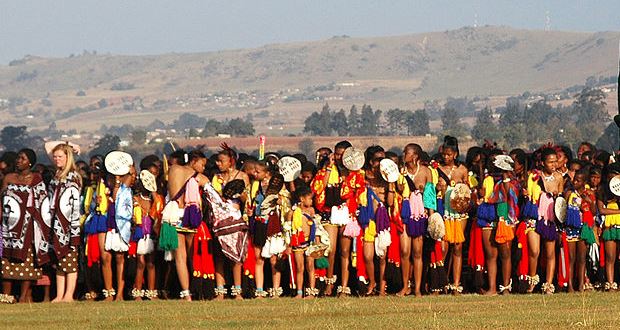The maiden bursary, which was introduced by Kwazulu Natal’s uThukela municipality in January was found to be unconstitutional earlier this month by The Commission for Gender Equality. The bursary was open only to young women who are still virgins, and they stood the risk of losing the bursary if regular virginity testing found that they were no longer virgins. KWAZI DLAMINI asked a few Durbanites what they think.

[dropcap]“[/dropcap]I think it all depends on how you look at it, for us as Africans it is a good thing as we have always been practising our culture but the modern day world wants to diminish all of that. This will not only make women take care of themselves but it will also help fight the spread of HIV and AIDS amongst young women. I think it is also a blackmail of some sort because once you get the bursary you have to undergo virginity tests to prove that you still a virgin and I don’t think that is a good life. You must test if you want to, not because you are forced.â€
The Commission found that the practice was discriminatory, unlawful and unfair, and recommended that it be discontinued. But there are a few citizens of Durban who would disagree with the commission, like Zilungile Shabalala.
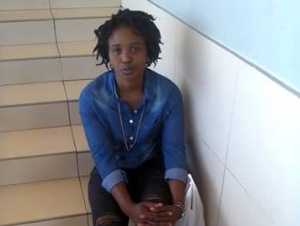
[dropcap]“[/dropcap]I fully support that bursary because it encourages young women to stay pure and have less chances of getting diseases. If you want the bursary you have to meet the requirements just like any other bursaries; some bursaries state that in order to get them you must not have a child which is very rare in this day, especially for black South Africans. In Swaziland I heard that maidens were getting paid for staying pure, that is also motivation. The difference is that the bursary will help them get education and have better lives. I wish it can be introduced to other provinces as well because it will have a good impact on the communities.â€
In January, The Daily Vox reporter Lizeka Maduna argued strongly against the concept as a whole. She asked, “Why is it that everyone (including other women) wants to have a say about women’s bodies, but don’t seem to consider how WE may feel? The last time I checked, we had the right to privacy and bodily integrity – my body is private property and off-limits (unless of course I grant you permission to touch it).”
The commission’s report might have stated that, “Within the context of a deeply patriarchal society marked by power imbalances on the basis of gender, to place all responsibility to reduce teenage pregnancy and the spread of HIV and Aids on the shoulders of a vulnerable group is discriminatory,†but Siyanda Dladla believes that the discrimination is in fact against men.
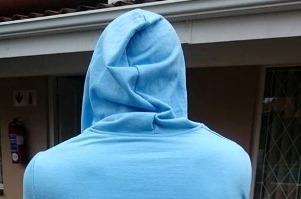
[dropcap]“[/dropcap]It would have been a great idea had they also introduced a bursary for men, I think this country has taken the gender equality issue too far that women now get the first preference in many things. I don’t know how men are tested but we should also have our own bursary. I have always been against virginity testing because I think it violates a person’s right to privacy and dignity as well however it does not mean it is wrong. KZN has been to be a very conservative province especially when it comes to virginity testing this act means they want the culture to continue but now to be more productive.â€
But the issue of maiden bursaries doesn’t stop at being declared unconstitutional. On Thursday, Princess Mulekile Zulau, the daughter of Zulu King Goodwill Zwelithini, said that the finding by the commission is an attack on Zulu culture and will provoke a civil war. The Zulu Royal House believes that the bursary is a good idea because it encourages young girls to “stay pure”. Sanele Gazu agrees that the commission’s report goes against Zulu culture.
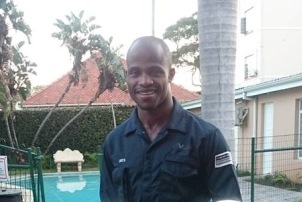
[dropcap]“[/dropcap]The law once again is fighting our culture, I think the bursary is a good idea as we all want our children to get education. What is a better way to do that than giving bursaries to keep children away from self-destruction and predators out there who lure them with money. People need to respect culture and forget about western ways, yes they may not agree with it but no one is forced to do it; if they want a bursary they have to abide by the rules and if they don’t want to there are many other bursaries out there without that requirement. I would advise my children to pursue this bursary if I was a parent because it also makes you feel relieved.â€
The mayor of the uThukela district, Dudu Mazibuko, says that the municipality is challenging the report, but wasn’t clear on whether it would be taken to court. So far, the municipality has requested that the Commission for the Promotion and Protection of the Rights of Cultural, Religious and Linguistic Communities has a look at the report, as it is unhappy with the way it was written.
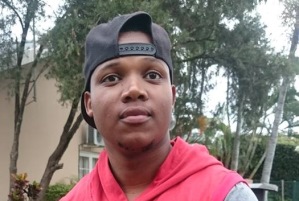
[dropcap]“[/dropcap]I strongly support the bursary as it helps young women to take care of themselves and decreases teenage pregnancy and HIV and Aids. It also helps parents who cannot afford fees for their children. South Africa is currently facing a big issue of blessers or sugar daddies on steroids as they call it, they prey on young women so this will help young women avoid falling under that trap because they would have a bursary paying for their fees. Some get blessers because they want them to pay for their fees. I don’t think it violates any human rights because no one is forced to do it, it is all voluntary.â€

